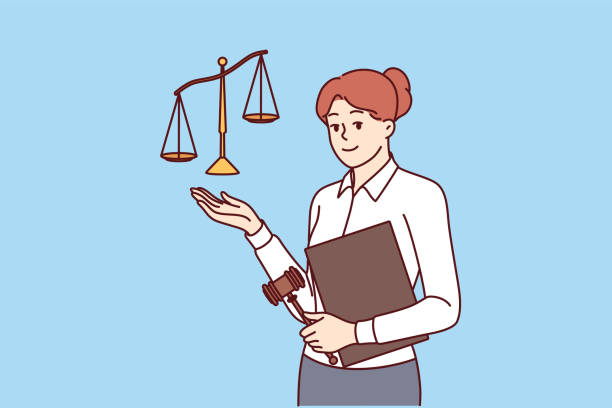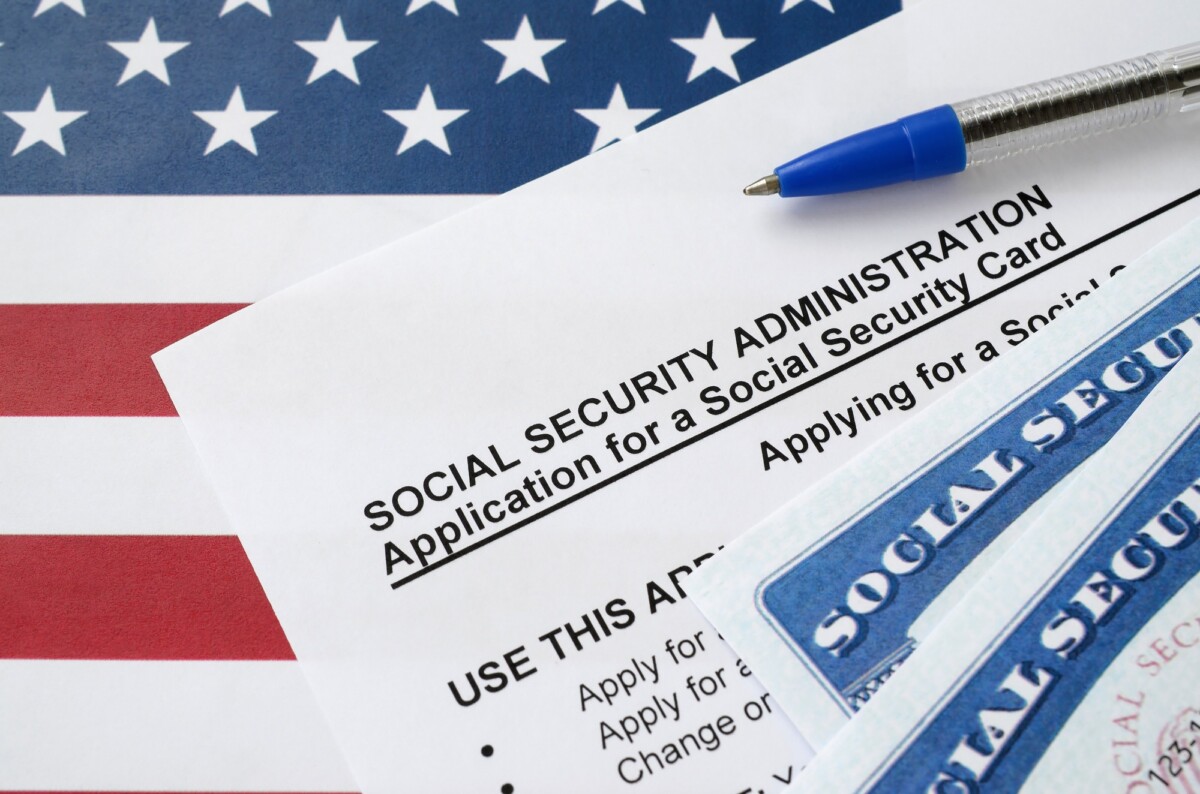Applying for Social Security Disability benefits can already be a complex and stressful process. But when your claim is denied, the situation becomes even more frustrating. The good news? A skilled Social Security attorney can guide you through the appeals process and increase your chances of success.
In this blog, we’ll explore how a lawyer can help with Social Security appeals, the steps involved in the process, and why legal representation is often a smart move for denied claimants.
Why Are Social Security Claims Denied?
Before diving into how a lawyer can help, it’s important to understand why claims are often denied in the first place. Common reasons include:
- Incomplete or missing medical records
- Lack of medical evidence proving disability
- Earning too much income while applying
- Not following prescribed treatment
- Filing paperwork incorrectly or missing deadlines
These issues can be avoided or corrected with legal assistance.

Ready to connect with top legal professionals? Get immediate support— Call us at 877-550-8911.
Connect with Our Legal Team
Step-by-Step: How a Lawyer Helps with Your Appeal
A Social Security disability lawyer provides far more than just paperwork assistance—they become your advocate, strategist, and support system throughout the appeals process. Here’s how they help:
1. Reviewing the Denial Letter
When your claim is denied, the Social Security Administration (SSA) will send a detailed letter explaining the reason. A lawyer will carefully review this letter to determine exactly why your application was rejected and what steps to take next.
2. Gathering Additional Medical Evidence
One of the most common reasons for denial is insufficient medical documentation. A lawyer can help:
- Obtain updated medical records
- Request written opinions from your doctors
- Coordinate additional evaluations or tests
This ensures the SSA gets a clear picture of your condition and its impact on your ability to work.
3. Meeting Deadlines and Filing Proper Documents
Social Security appeals involve multiple deadlines and complex forms. A lawyer knows how to navigate this paperwork, ensuring everything is submitted accurately and on time. This reduces the chance of your appeal being dismissed for procedural errors.
4. Representing You at Hearings
If your case reaches the
Administrative Law Judge (ALJ) hearing, your lawyer will:
- Prepare you for what to expect
- Help you explain your symptoms clearly and honestly
- Question medical and vocational experts on your behalf
- Present a strong legal argument to support your claim
Having a professional who understands how judges think can make a huge difference during this stage.
5. Strengthening Your Legal Argument
Lawyers are skilled at building strong cases. They’ll organize the facts of your case and use legal knowledge to argue why you meet the SSA’s definition of disability. They know how to reference SSA rules and regulations in your favor.
6. Handling Higher-Level Appeals if Necessary
If your appeal is denied by the ALJ, your attorney can take your case to the next levels:
- Appeals Council Review – Reviewing whether the judge made legal errors
- Federal Court Appeal – Filing a lawsuit in a U.S. District Court
Having legal counsel at these advanced stages is especially crucial since the legal system becomes more complex.
 Do You Really Need a Lawyer for a Social Security Appeal?
Do You Really Need a Lawyer for a Social Security Appeal?
While you’re not legally required to hire a lawyer, having one can significantly improve your chances of approval. According to statistics, claimants represented by attorneys are
more likely to win their appeal than those who represent themselves.
A lawyer offers peace of mind, reduces stress, and ensures your appeal is handled professionally.
How Much Does a Social Security Lawyer Cost?
Most Social Security attorneys work on a
contingency fee basis, meaning they only get paid if you win your case. Their fee is regulated by law and typically amounts to
25% of your back pay, up to a maximum of $7,200.
There are no upfront fees, making legal help accessible even if you’re in a difficult financial situation.
Need help with your appeal? At
Legal Case Review, we connect you with experienced legal professionals who specialize in Social Security cases. Get the support you need to move forward with confidence.
For a full breakdown of Social Security appeals and official steps, visit the
Social Security Administration Appeals Process.
FAQs About Social Security Appeals and Lawyers
1. How long do I have to file an appeal after being denied?
You have
60 days from the date you receive your denial letter to file an appeal.
2. Can I still work while appealing my Social Security disability case?
Yes, but your earnings must stay below SSA’s
Substantial Gainful Activity (SGA) limit, or it may affect your eligibility.
3. Will my lawyer speak at the hearing for me?
Yes. Your lawyer will present your case, question witnesses, and make legal arguments on your behalf during the hearing.
4. What happens if I lose my appeal?
You can continue the process by requesting a review by the Appeals Council or filing a lawsuit in federal court.
5. Can a lawyer speed up the appeals process?
While they can’t change SSA timelines, lawyers can help avoid unnecessary delays caused by mistakes, missing documents, or missed deadlines.
Don’t wait to secure the legal representation you deserve. Visit Legal Case Review today for free quotes and tailored guidance, or call 877-550-8911 for immediate assistance.

 Do You Really Need a Lawyer for a Social Security Appeal?
Do You Really Need a Lawyer for a Social Security Appeal?


